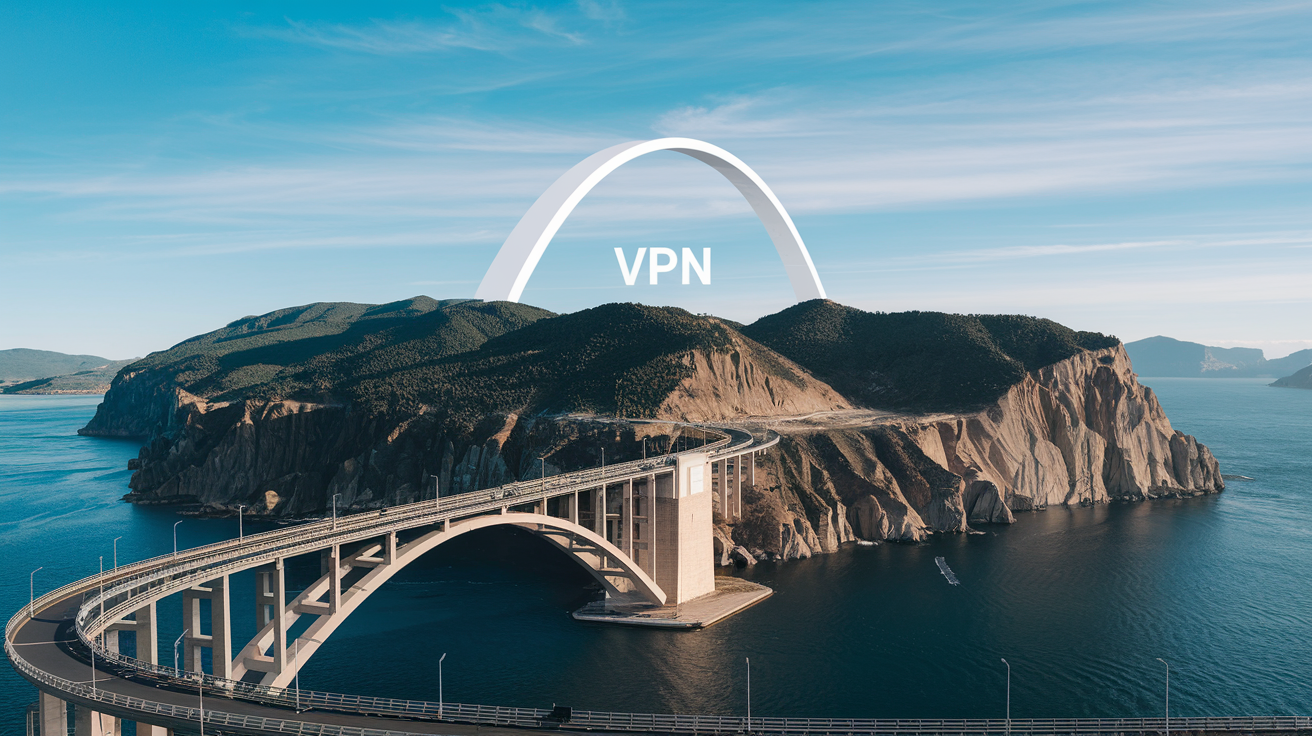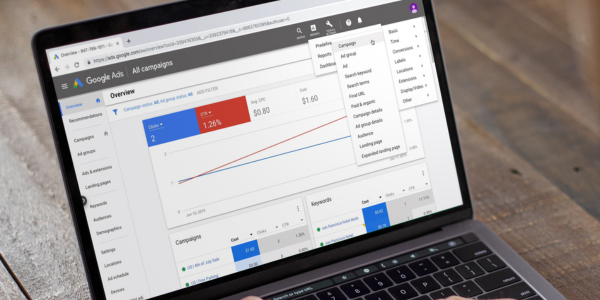content
Imagine a marketer working on an international advertising campaign. They research markets, analyze user behavior, and test content in different countries. But there is one problem: how to see the real picture of what users from other regions see? How to bypass access restrictions and geolocation filters? This is where a VPN comes in.
What is a VPN?
VPN (Virtual Private Network) is a technology that creates a secure encrypted tunnel between your device and a remote server. In fact, it allows you to hide your real IP address and gives the impression that you are in another country. Now there’s no need to buy a plane ticket to another country to test your newly created ad campaign.

Many people think of VPNs as a tool for anonymity or data protection. However, for a marketer, a VPN is also a powerful tool for research, competitor analysis, and ad localization. These are the aspects we will consider next.
Geo-targeting levels in PPC advertising
Geo-targeting, as an advertising campaign setting, in most advertising accounts is reduced to the following levels:
- Targeting the audience in the selected country.
- Selection of residents of a particular city or district.
- Targeting at the IP address level.
- By the radius from the selected geotarget.
Problems of geotargeting accuracy
The shortcomings of current geo-targeting systems always lead to the display of ads to the wrong audience. What are the reasons for inaccurate targeting?
- Dynamic IP addresses. In most cases, network operators provide their users with dynamic IP addresses that change with each new user connection. Thus, a resident of a small town can see ads targeting a metropolis through a dynamic IP address if this address was used in a big city.
- Mobile network operators hide the user’s real location.
- PPC platforms impose their own geo-restrictions, forcing advertisers to work only with the country in which they are located.
- GPS is supposed to solve this problem, but too weak or indoor signals create a huge error in location accuracy.
- Boundaries of settlements and regions. Even if geo-targeting works accurately, in some cases a user may receive ads for a neighboring area due to peculiarities of the map data.
It is these shortcomings that make it necessary to use VPNs when creating and testing advertising creatives.
How can VPNs help PPC advertisers improve geo-targeting?
VPNs can be useful for PPC advertisers in several ways, especially for improving geo-targeting.
Detecting errors in geo-targeting settings
Sometimes, advertising systems (Google Ads, Facebook Ads) incorrectly determine geolocation. Using a VPN, you can test:
- Whether ads are displayed within the specified radius.
- Whether exceptions work correctly (for example, ads should not be displayed in certain regions).
Optimize bids for different markets
If a company operates in several geographical markets, it is important to understand the local competition. VPNs can help:
- Research advertising prices in different countries or cities.
- Analyze CPC (cost per click) in different regions.
- Adjust the bid strategy depending on the market situation.
- Identify search trends in a particular region.
Testing localized ads
VPN allows you to see how ads are adapted to the local audience:
- Are regional phone numbers and addresses displayed correctly?
- Whether the language adaptation of ads works correctly.
- How ads look in search results for users from different cities.
Analysis of competitors in different locations
Through a VPN, you can see competitors’ ads in different regions and countries:
- Analyze their key messages and offers.
- Identify regions where competition is weaker or stronger.
- Study the advertising strategies of local players.
In general, using a VPN allows advertisers to avoid potential blocking due to “juggling” accounts, which is a must if customers are located in different countries or even continents.
Tips for choosing the best VPN services
Usually, this is where the advertisement from the VPN service that sponsored the article is placed. However, today, within the framework of the ADV Advantage blog, we will dispense with specific names to leave the reader free to make their own decisions. Nevertheless, it is worth focusing on the key aspects that make a VPN service the most compatible with the activities of a marketer.
Tip #1. Avoid free VPNs
Free VPN services not only impose artificial restrictions on use, but also threaten the privacy of a PPC specialist. Usually, the download speed and location accuracy leave much to be desired. Weak protection of free services increases the risk of data leakage or blacklisting of IP addresses.
Tip #2. Choose a universal service
A high-quality VPN service should provide flexibility in using it simultaneously on different devices, easy navigation between regions, and not require special permissions. Of course, data transfer speed and connection stability are crucial when choosing a service.
Tip #3. Dedicated IP address
Make sure that the provider provides a dedicated IP address. This will prevent the constant need to enter CAPTCHAs and other checks on websites that reduce marketer productivity.
Tip #4. Pay attention to the service’s reputation and customer focus
Good VPN services value their customers, so they have developed a loyal customer support system. It’s great to be sure that the company you pay money to every month or year is always on the client’s side. At critical moments, the quality of service will prevent you from losing time and money.
Subscribe to our newsletter



